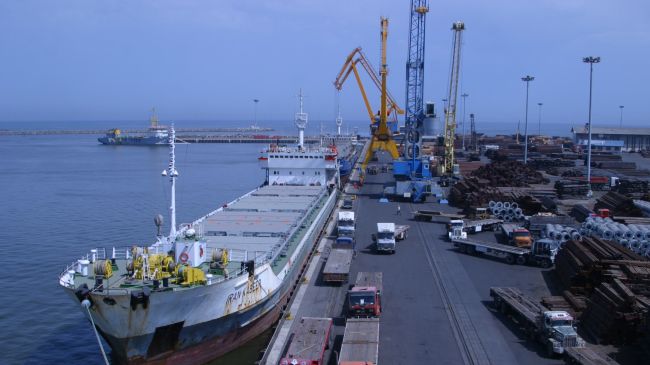As per the experts’ opinion, the only way to get Afghanistan out of current miseries, economic isolation and its dependence on foreign aid is opening up new trade routes and corridors. Their viewpoints carry some weight because according to the Ministry of Industry and Commerce (MoCI) figures, at least 7,400 tons of Afghan products worth $170 million have been exported to India, some European countries and the UAE through air corridors over the past two years. Meanwhile, Afghanistan’s trade deficit has narrowed over 2017-18 to $6.96 billion with exports rising to $832 million and growing faster than imports – up from $596 million a year earlier. This is while Afghanistan for the first time ever exported 20 tons of grapes which reached India on Wednesday through Iran’s Chabahar Port – something that could further stimulate the country’s economy.
“Over the last three weeks, 100 tons and since its [Chabahar Port] establishment, 700 tons of domestic products have been exported through this port,” Tahir Qadiry, Charge’ d’Affaires of Afghanistan Embassy to India, said. The exported goods include legume, precious stones, and dry fruits. Afghanistan previously exported its products mostly through Pakistan, where Afghan traders most often faced huge losses. The export of fresh fruits was challenging because fruits get spoiled quickly and our neighboring Pakistan would shut crossing points during peak harvest time, rendering Afghan produce rotten. The intrinsic stimulant for inaugurating the Chabahar Port late in 2017 was to bypass Pakistan for trade between Central and Eastern Asia and the port has since been turned into a commerce and supply route for Afghanistan and India.
Meanwhile, the first attempt to export Afghan grapes through Chabahar has been successful and a landmark achievement. As Afghanistan is eying up an increase in the exports of Kandahar’s pomegranates and Wardak’s apples, traders can send their products not only to India but to other countries as well. Afghanistan, by breaking down these shackles of economic isolation through Chabahar port, air corridors and other trade routes, has left Pakistan no other option but to change its policy towards Afghanistan. The country has announced keeping the Torkham crossing point open round-the-clock from last Monday for two to three weeks on a trial basis. Officials have said around 1,000 trucks crossed Torkham gate after it was opened for cargo transport in only 24 hours. Now, as business through Chabahar has seemingly paved the way for positive trade competitions in the region, there is a need for accelerated investment to make the Chabahar seaport fully operational, as well as pay attention to western ports of the country to find ground access to West Asia, Caucasia and further into Europe. These developments show Afghanistan is finally on its way to economic prosperity.
 Afghanistan Times
Afghanistan Times




